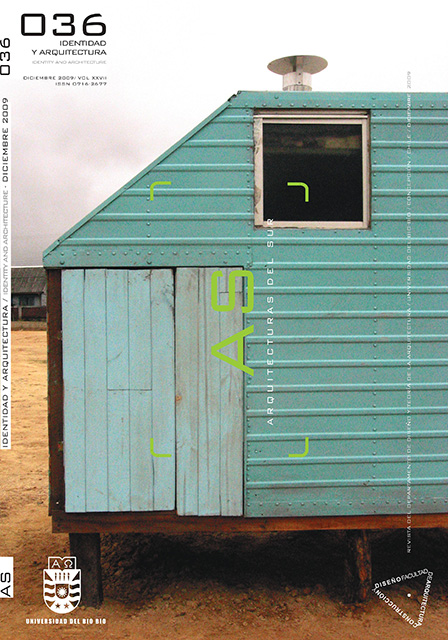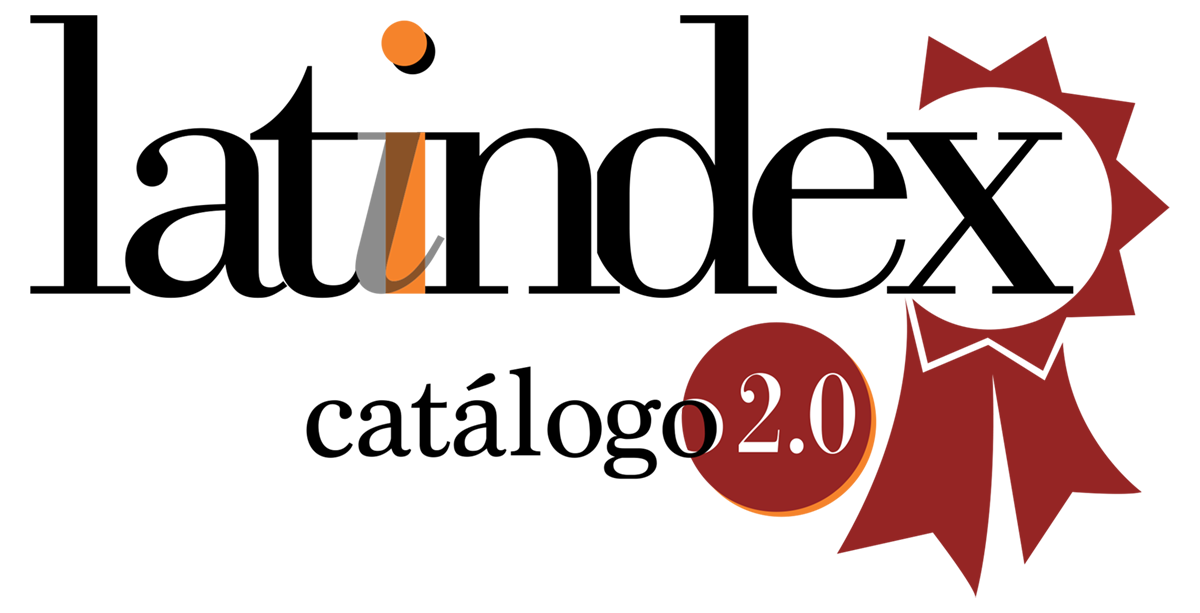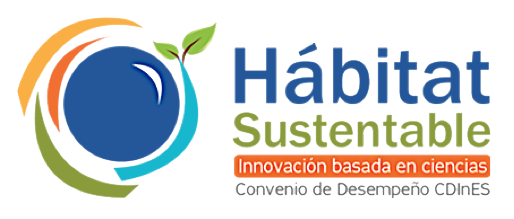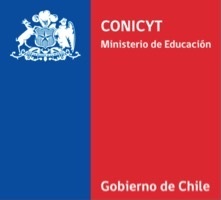Contulmo 1984-2009: An experience in urban-architectonic intervention that revalues Cultural Heritage
Keywords:
research-action, heritage education, development, identityAbstract
The 25-year experience of intervention in the town of Contulmo, with three Fondart projects and one Bicentenary project, has achieved recognition of the town’s heritage and an increase in the community’s self-esteem. Throughout this period, the strategy used is based on the basic principles of action research, understood as the study of a specific social situation in order to attempt to improve the quality of practical actions applied (Elliott, 1993). Action research is built up from and for practical actions, in an attempt to transform and thus improve these, by shaping a cycle of planning, action, observation and critical reflection. The working hypothesis is based on the idea that appreciation of local identity and heritage helps communities to recognise, celebrate and enjoy themselves, and as such, all actions seeking the protection and preservation of this heritage are meaningful in the degree that the community is organised and transformed to become authors of their own development. The intervention explores methodological tools of both action research and heritage education –as a cultural learning tool- allowing the inhabitants of Contulmo to become more aware of the world around them and to increase their understanding of the sociocultural environment and historical path of which they are part.
Downloads
Downloads
Published
How to Cite
Issue
Section
License
The content of the articles published in each issue of Arquitecturas del Sur is the sole responsibility of the authors and does not necessarily represent the opinion of University of the Bío-Bío.
The authors will maintain their copyright; however, they will guarantee the journal the right to first publication and dissemination of their work. The publication of the article in Arquitecturas del Sur will be subject to the Creative Commons International license (CC BY-SA) that allows others to adapt: remix, transform and build on the material for any purpose, even commercially; share: copy and redistribute the material in any medium or format, as long as the authorship and first publication in this journal are acknowledged by citing them correctly, and their new contributions are under a license with the same terms.














 Programa de Información Científica/Concurso Fondos de Publicación de Revistas Científicas 2018/ Proyecto Mejoramiento de Visibilidad de Revistas UBB (Código:FP180007)
Programa de Información Científica/Concurso Fondos de Publicación de Revistas Científicas 2018/ Proyecto Mejoramiento de Visibilidad de Revistas UBB (Código:FP180007) 
